UK car fleets continue to see diesel as “a primary buying choice” and will still be running diesel cars in five years' time, a new report by the AA and Rivus Fleet Solutions said.
Although alternatively fuelled vehicles now account for a 9.9% market share, the majority (89%) of those surveyed for the report continue to use diesel in their fleets, with reasons including costs compared to alternatives and that Euro6 compliant engines meet the requirements of most clean air zone legislation announced to date.
Three quarters (75%) of those surveyed still expect to be using diesel in their fleets in five years’ time, suggesting, while change is on the way, it won’t necessarily be dramatic.
Despite the ongoing decline in diesel market share, the report states that both an absence of a clear fuel policy and a lack of consistency in local policy interventions, such as “the London ULEZ boundary expansion in 2021, the proposed Bristol City Council diesel ban and delays to Clean Air Zones in Birmingham and Leeds”, has resulted in some operational fleets replacing diesel vehicles like-for-like, rather than investing in new technologies, such as electric vehicles (EVs) and hybrids.
This year’s report sees more than half (57%) of fleet managers expect to have some EVs on fleet within the coming five years (which is up from 36% of respondents last year). Additionally, a third (33%) of fleet decision-makers think pure EVs will be the most dominant fuel type on fleet in ten years’ time.
Stuart Thomas, director Fleet and SME at the AA, said: “This year’s research has emphasised education and clarity are key if fleet decision-makers are to make effective judgements around investing in a clean air future. In the absence of clear guidance and a confirmed road map towards zero emissions, fleet operators and businesses are sticking to what they know, adding new diesels to their fleets and paying fines for non-compliance rather than investing in new EVs.
“However, this pragmatism needs to be weighed with a sense of optimism when it comes to future planning. We haven’t seen the big shift we expected in the past 12 months, and individual local clean air interventions are not the way to drive nationwide change, but the decision to prolong diesel into another purchase cycle appears to be a conscious one based on whole life cost calculations.
"While many of those we interviewed don’t yet have the confidence to make big steps into an EV future, particularly commercial fleets where the vehicle choice is much more limited, it is promising to see how many of those surveyed expect to have EVs on their fleet over the coming decade. The question is, will this be quick enough to meet ambitious zero emission targets?”
In October this year BT Fleet Solutions re-branded as Rivus Fleet Solutions by its new owner Aurelius Group

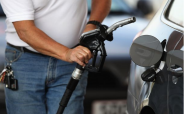



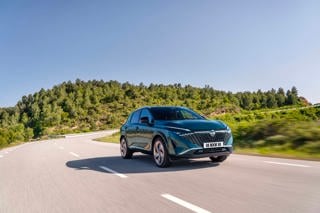
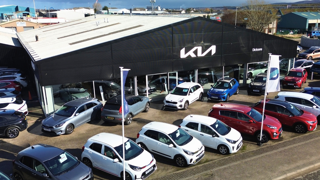
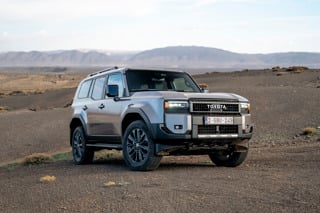

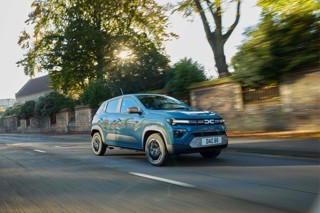












Login to comment
Comments
No comments have been made yet.